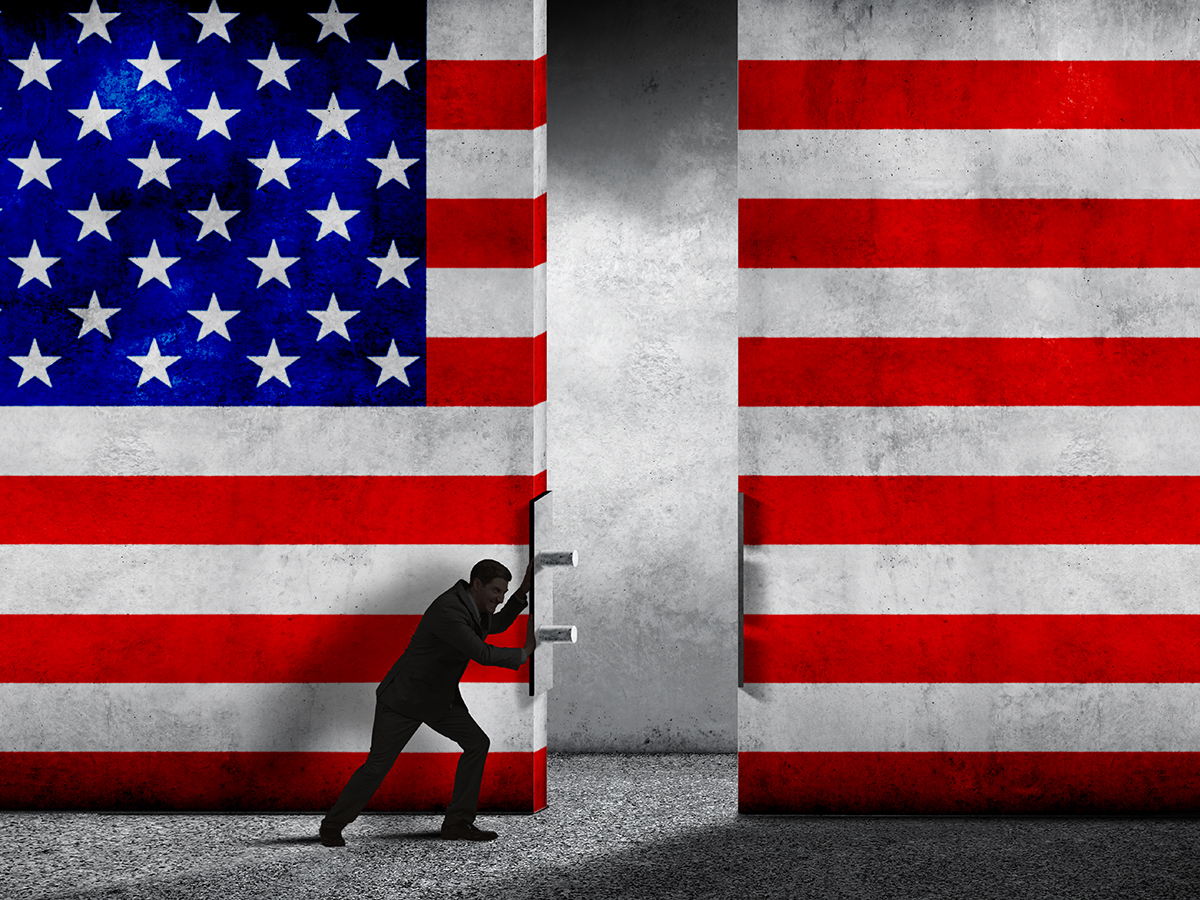Financial Market Update-Thursday, Sept. 25
The day after President Bush went to the airwaves to ask the nation for $700 billion, he planned to meet with the two men who would be his successor. No word as yet what, if anything, would come of this meeting. The president warned of a “long and painful recession”–that is, a depression–if Congress doesn’t…
The day after President Bush went to the airwaves to ask the nation for $700 billion, he planned to meet with the two men who would be his successor. No word as yet what, if anything, would come of this meeting. The president warned of a “long and painful recession”–that is, a depression–if Congress doesn’t act immediately.Not everyone in Congress is so sure about that, and neither are the American people for that matter, and the push continues for changes in the plan suggested by the administration, such as an equity stake for the government in companies that it bails out. Something like what Warren Buffet is getting. Some groups are even planning to take their dissatisfaction with the bailout to the streets: protests are planned for all over the country today, though their scope isn’t clear yet. Sales of new homes in the United States, meanwhile, decreased last month 11.5 percent to the lowest annual rate since the recession of 1991, according to new figures by the U.S. Commerce Department. Median prices were at a four-year low. Yesterday, Washington Mutual took a hit with Standard & Poor’s downgrading the bank’s debt further into the realm of junk. According to the New York Times today, that’s one more indication that the troubled bank is going to be sold, and sold fast. In a statement, WaMu insisted that “the rating actions do not affect the safety of customer deposits, which are insured up to the limits allowed.” Still, earlier this week WaMu hired Goldman Sachs to help it find a buyer. Potential buyers include Citigroup, JPMorgan Chase, HSBC, Banco Santander and Wells Fargo. It seems that there was a good old-fashioned run on a bank in Hong Kong yesterday when there was mass withdrawal from the Bank of East Asia, the fifth largest in the territory. Troubled mortgage debt apparently wasn’t a factor. The bank’s customers were reportedly spooked by unfounded rumors that the bank was in trouble, sparking a run that might have put the bank in trouble–a classic bank run scenario, fueled by the international impact (even if only psychological) of the Wall Street meltdown. In short order, Hong Kong billionaire Li Ka-Shing did a Warren Buffet and bought a chunk of the bank, and the Hong Kong Monetary Authority injected liquidity into the local banking system. Bank of East Asia stock rebounded somewhat, and the run looks like it’s over.The stock market grew more upbeat Thursday as Congressional leaders said they reached an agreement in principle on a $700 billion bailout package for the financial system. The Dow Jones industrial average rose some 200 points on optimism about the plan, which could be finalized soon.






